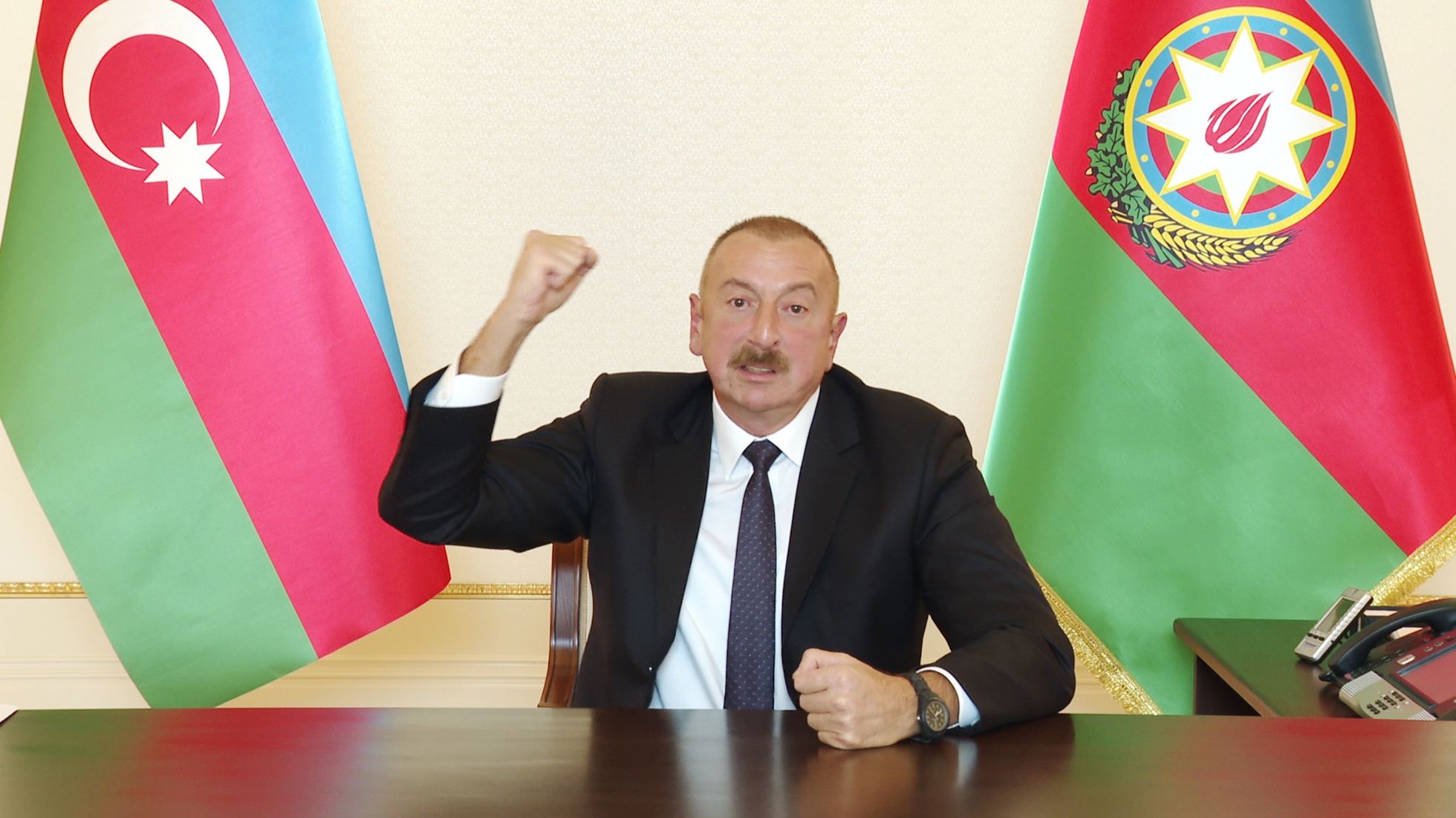From late September this year, until last week when Russia brokered a peace deal, Armenia and Azerbaijan have been at war. Contrary to what several headlines might claim, the victor of this conflict is not Azerbaijan, or the Turkish state that backs it, or Russia – it is violence and suffering. It is a victory that calls for mourning. A victory that is yet another cautionary tale about the poisonous cycle of violence.
Armenia and Azerbaijan, neighbouring countries in Western Asia (once part of the Soviet Union) have been in and out of conflict with each other for several decades. The reason for conflict – territory, specifically the Nagorno-Karabakh region that lies between them.
There was a major conflict between the nations in the early 90s. This was because the Armenian-majority Nagorno-Karabakh region wanted to be part of Armenia instead of Azerbaijan (as it was during the Soviet era). The Soviets and Azerbaijanis did not agree to this leading to a conflict in the region in 1991, when the Soviet Union disintegrated and the two regions (Armenia and Azerbaijan) became autonomous. The war lasted until 1994 when a peace deal was made. Even after this ceasefire, friction was present; with a fatal clash between the two sides in 2016.
After 1994, the region continued to be internationally recognised as belonging to Azerbaijan, but it was actually in a system of self-governance with support from the Armenian state. The recent stream of attacks against each other, that began on 27th September 2020, is connected to this long history of dispute over territory.
The latest conflict has led to thousands of casualties, not to mention displacement of the Armenians who had been residing in the region. The Azerbaijani president Ilham Aliyev claims his mission is to get back this territory and return the displaced Azerbaijani population to their place. As of Friday, 20th November 2020, Azerbaijan’s military troops have entered one of the districts that Armenia secured during the peace deal. In an interview with the BBC, when asked if he is not doing what he blames Armenians of doing in the 90s (driving out and displacing people), Aliyev replied that these were “groundless accusations” and that “they (ethnic Armenians living in the Nagorno-Karabakh region) will continue to live there… they (are) our citizens”.
We would have to wait to see how the incoming Azerbaijanis treat the ethnic Armenians and also how the Armenians respond to them. If history is any indicator, one can reasonably expect some friction. Already videos have surfaced of fleeing Armenians (leaving Nagorno-Karabakh) burning down their houses so that the incoming Azerbaijanis would not have them. This just goes to show the contempt that has been fostered in the minds of people. Violence does that. Violence and war that are a project of the ones in power. As one of the greatest war correspondents Martha Gellhorn put it, “Only governments prepare, declare and prosecute wars… They (citizens) must be infected with hate and fear before they catch war fever… The vital interests of the state, which are always about power, have nothing to do with the vital interests of the citizens”.
On 9th November 2020, a peace deal was finally agreed upon, facilitated by Russia. But this deal has upset many Armenians who took to streets to protest against and demand resignation of their Prime Minister Nikol Pashinyan. They see the war and all the suffering it has caused over the last weeks as wasteful given that Armenia surrendered and is ultimately giving the land to Azerbaijan as part of the ceasefire. In a BBC report on the conflict, an older woman (most probably Armenian) added emotionally, “If they were planning to give back the lands, they could have given them peacefully without casualties”.
Often violence seems to be portrayed as the cost one has to pay for the greater goal. Aliyev has continuously pedalled this fallacy, stating “The people of Azerbaijan have repeatedly heard from mediators… that there is no military solution to this conflict. I said that I do not agree with this thesis, and I was right!”. Ultimately, it is common people who pay the price of violence. Violence resulting from wars that we as humans can always choose to avoid. The ultimate story of this conflict should not be of countries winning or losing, or of Russia or Turkey gaining upper hand as regional players, it should be that of people affected by the nonsense of war.
Manasa Narayanan
Image source: Wikimedia Commons

